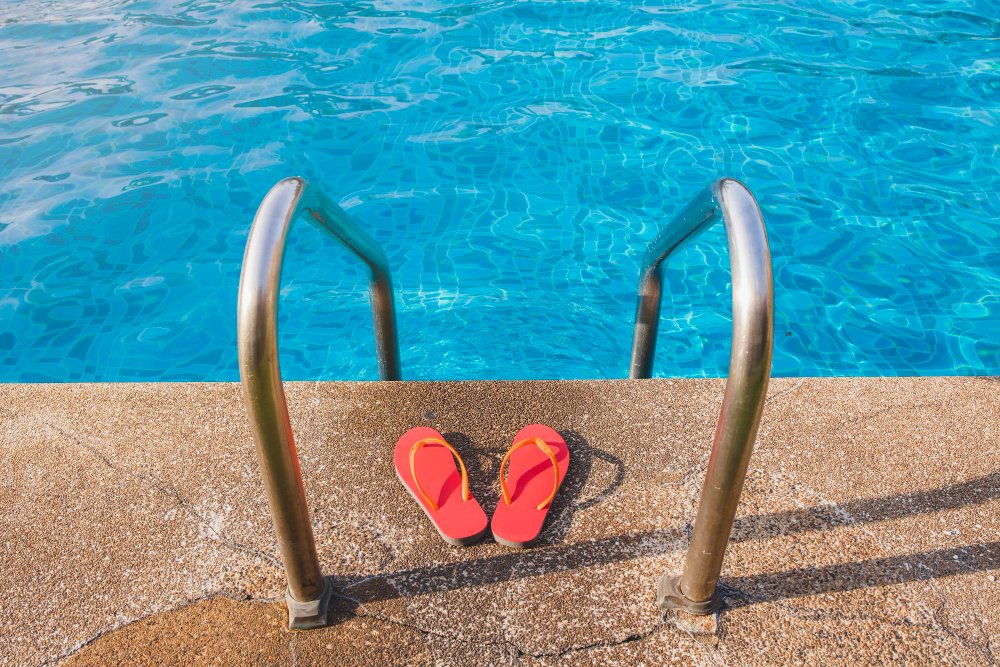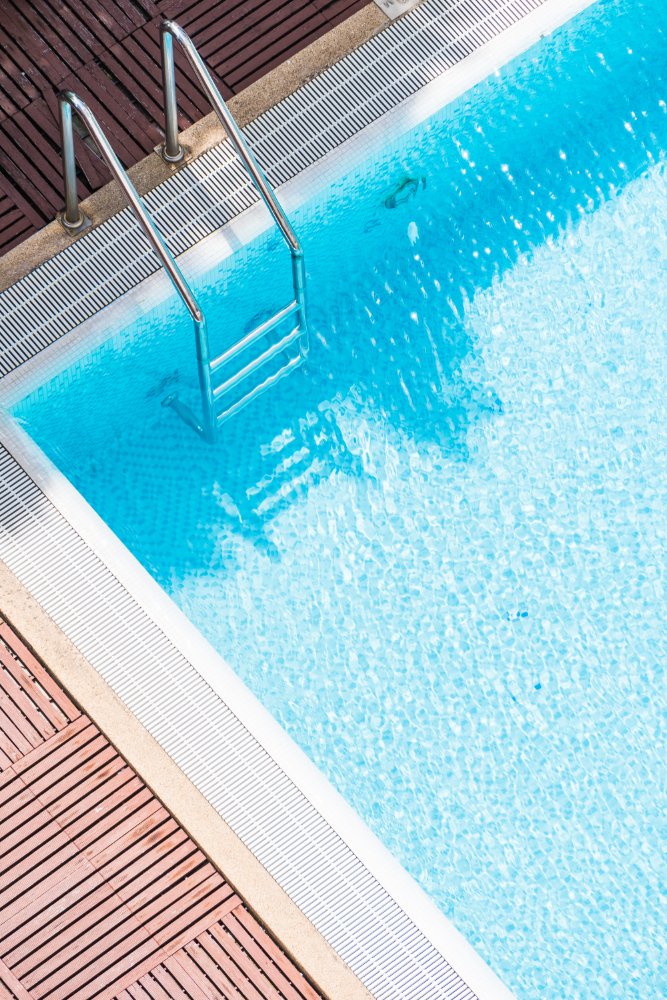Last updated on
Are you a pool owner? If so, acquiring a pool safety certificate is crucial. It’s not just about ticking a box, but ensuring the safety of your loved ones. This blog post will enlighten you about everything you need to know regarding pool safety certificates.
Legal Requirements

Understanding the legal requirements for pool safety certificates is crucial for several reasons. First, these laws exist to protect individuals, especially children, from preventable accidents or drownings that can occur in an improperly secured pool.
Non-compliance can result in heavy fines, legal penalties, or even imprisonment. Second, these regulations ensure that your pool meets certain safety standards, such as having a secure fence, self-latching gates, and no climbable objects near the barrier.
Additionally, if you’re planning to sell or rent out your property, it’s legally mandatory to have a valid pool safety certificate. Obtaining certificates such as the KP Building Approvals pool safety certificates will not only ensure compliance but also increase the value and appeal of your property, making it more attractive to potential buyers or tenants. Thus, understanding these legal requirements not only keeps your pool safe for use but also keeps you legally protected.
Inspection Process
Before getting certified, your pool must be inspected by qualified professionals. Here are the steps for achieving this:
- Check regulations and requirements
- Scheduling
- Access points and gates
- Fencing and barriers
- Climbable objects
- Pool enclosure compliance
- Signage and CPR resuscitation chart
- Pool water clarity and quality
- Documentation and certification
- Educate pool owners
Comprehending the inspection process for pool safety certificates is vital to ensure all safety standards are met. This understanding facilitates proper preparation for the inspection, helping avoid potential failures and re-inspections. It also ensures you maintain the necessary safety measures, contributing to a safer swimming environment and protection against legal consequences.
Validity Period

These certificates are not indefinite – they expire after a specific period, typically one to three years depending on the jurisdiction and type of property. Once the validity period ends, your pool falls out of compliance, potentially endangering lives and exposing you to legal ramifications.
Staying aware of the expiration date allows you to schedule timely re-inspections, ensuring continuous compliance with safety regulations. This understanding not only verifies the ongoing safety of your pool but also protects you from possible legal consequences, and maintains the value of your property if you plan to sell or lease.
Selling or Leasing Property
When selling or leasing your property, the importance of understanding pool safety certificates cannot be overstated. Prospective buyers or tenants often view a valid safety certificate as an assurance of the property’s compliance with safety regulations, making it a valuable selling point.
Moreover, the law requires a valid certificate when selling or leasing a property with a pool, reinforcing the potential buyer’s or tenant’s confidence in the property. The inability to provide this certificate can delay or even halt the transaction process. Therefore, understanding the role of pool safety certificates in property transactions is vital for a smooth, legal, and profitable property deal.
The Takeaway
As a pool owner, ensuring the safety of your pool is critical. Comprehending the legal requirements, inspection processes, and validity of pool safety certificates is essential. It not only safeguards lives but also enhances your property’s value, facilitating smooth property transactions. Stay compliant, stay safe.
Recap:



